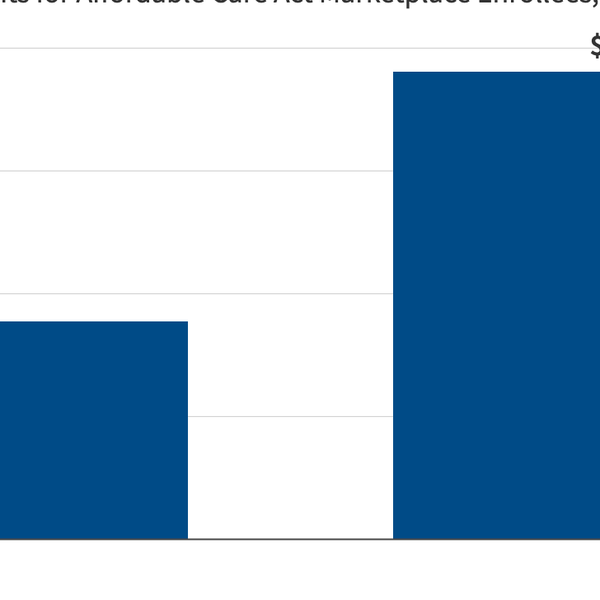
Obamacare is at a record level of unpopularity even as it is helping many millions of people in exactly the ways its creators intended. This is an epic branding disaster, but also something more profound: a failure of vision and linguistics that has made it easy for conservatives to target a president and weaponize a needed law.
Most federal programs of this magnitude are meant to become national institutions that last for decades, even centuries. And they have names that reflect those aspirations — neutral, patriotic, suggestive of universal concern. If you look them up, you can find out which president signed them into law. But you can’t tell from their names.
Do we have FDR Security? No, we have Social Security. Do we have Johnsoncare and Johnsonaid? The Kennedy Corps? The Clinton Children’s Health Insurance Program? The Ford Income Tax Credit? The Nixon Anti-Pollution Agency? No, no, no, no, no and no.
We are now faced with “Obamacare,” a nickname invented by Republicans as an insult. President Obama has tried to detoxify it (“that’s OK, because I do care,” he said in 2012), but it remains a nom de guerre few besides Obama could love. His low approval ratings are no doubt contributing to the disaffection for the law itself. What Republican president — or Democratic one, for that matter — would feel ownership of a program called “Obamacare,” no matter what it does? Even if it were popular?
And it is far from beloved, at least in the abstract. An all-time low of 37 percent approve of the law and a record high of 56 percent disapprove, “even as it has had obvious success in reducing the uninsured rate,” Gallup reported this month. The negativity also persists even though majorities continue to favor many parts of the law, among them requirements that insurance companies sell policies to people regardless of their medical conditions and let parents keep adult children on their plans until age 26.
The awkwardly named Patient Protection and Affordable Care Act gave such protections equal billing. Shortened to the Affordable Care Act, that element was lost. Furthermore, given constantly rising health costs, the focus on affordability invited derision. Shortened even further to its initials, ACA, we have a title that to most people signifies nothing at all. And thus we arrive at Obamacare, the only short, descriptive identifier in the arena.
Frank Luntz, the Republican wordsmith who came up with phrases like “death tax” (for estate tax) and “energy exploration” (for oil drilling), says he would have called the law The Healthcare Security Act. “No one is against security,” he told me in an email. The ACA architects could have built on a name like that or on something people already like, such as MedicareUSA. Or how about the USACares Act (which as I write is available as a dot-com website for $2,000 from Go Daddy)? Clearly the administration was not thinking legacy, or even hashtag.
What’s in a name? More than you might think. In a 2013 CNBC poll, some respondents were asked about the Affordable Care Act and others about Obamacare. Only 37 percent were opposed to the ACA compared with 46 percent opposed to Obamacare. Similarly, in an NBC News/Marist poll of registered Kentucky voters last spring, only 33 percent had a favorable view of Obamacare while 57 percent had an unfavorable view. When they were asked their impression of “Kynect,” the online state insurance marketplace, 29 percent viewed it favorably and only 22 percent negatively (the rest were unsure or hadn’t heard of it). “Call it something else, and the negatives drop,” Marist pollster Lee Miringoff said at the time.
A big, ambitious program needs a solid, enduring name, not one that polarizes the nation, decimates its sponsor party in every midterm, and creates fertile ground for both Beltway-fed stormlets like Grubergate (ACA advisor Jonathan Gruber’s wildly inappropriate comments about “the stupidity of the American voter”) and highly threatening legal challenges like the one pending at the Supreme Court over subsidies for low-income policyholders.
All of that notwithstanding, my sense is that Obamacare, with its roots in the conservative ideas of market competition and personal responsibility, will endure and be a key part of Obama’s legacy. It’s not too late to give future presidents a way to become more comfortable with the law — a “permission structure,” as Obama once called it. In his first campaign, when some people were reluctant to vote for a seemingly exotic newcomer, the permission structure involved endorsements from people like Ted Kennedy and Colin Powell. For Obamacare, it may be as simple and as complicated as substituting a new name for one that is guaranteed to turn off half the country or more.
Follow Jill Lawrence on Twitter @JillDLawrence. To find out more about Jill Lawrence and read features by other Creators Syndicate writers and cartoonists, visit the Creators Syndicate website at www.creators.com.
AFP Photo/Karen Bleier
Want more political news and analysis? Sign up for our daily email newsletter!








